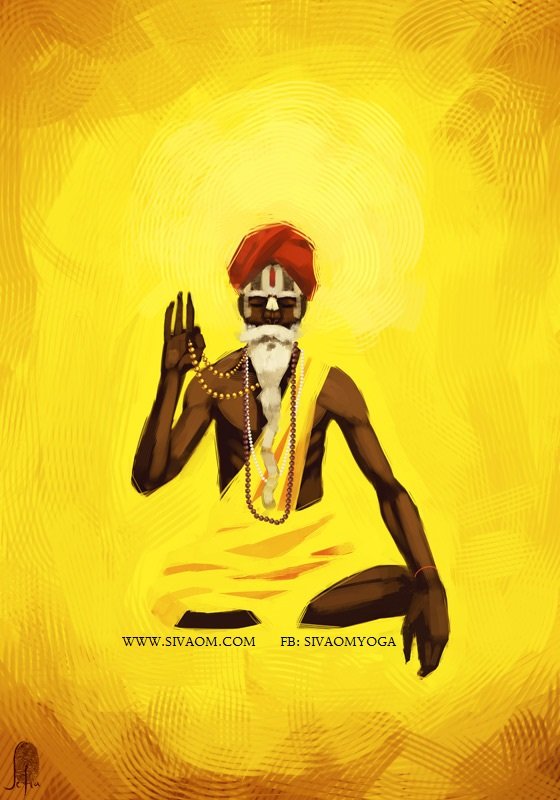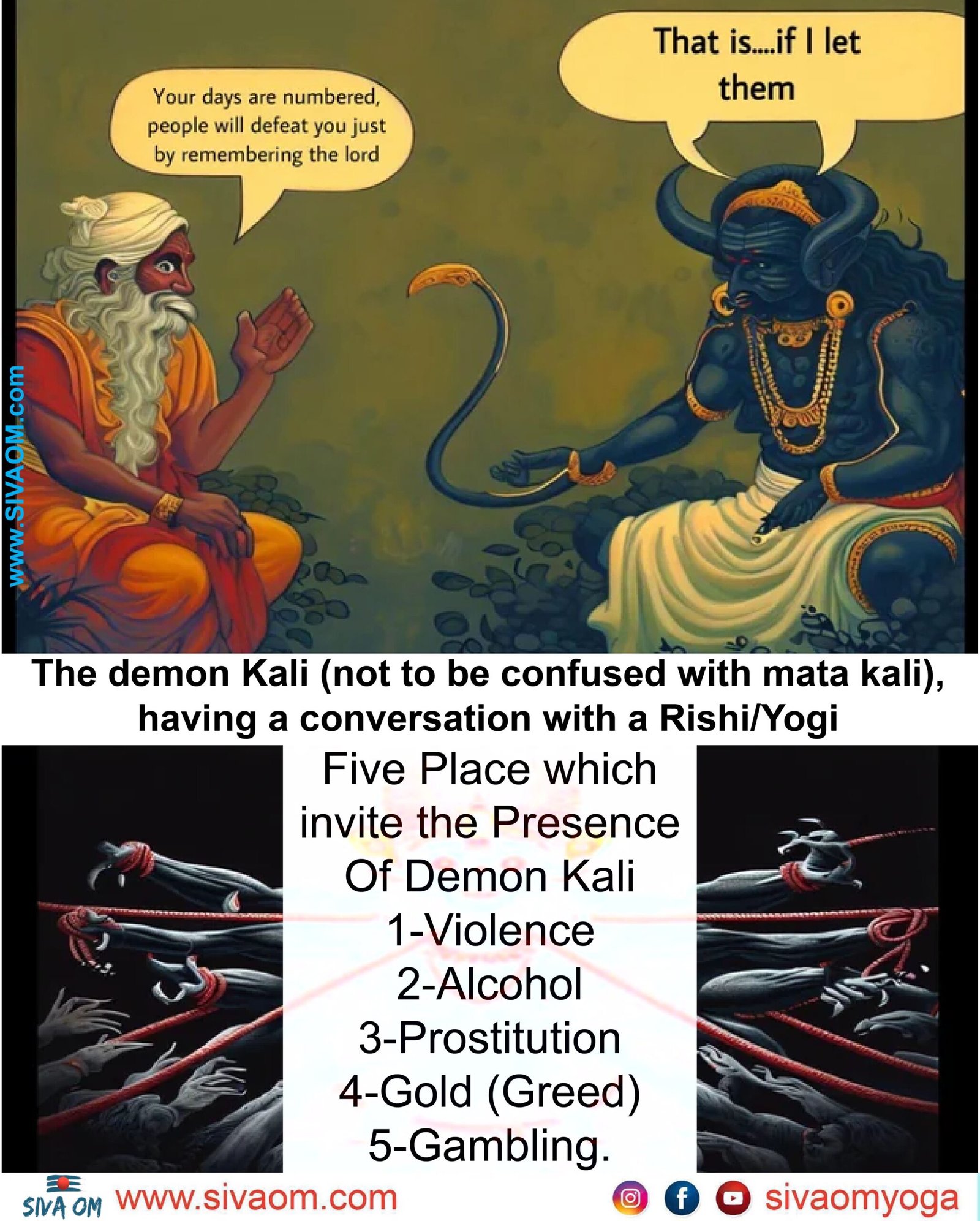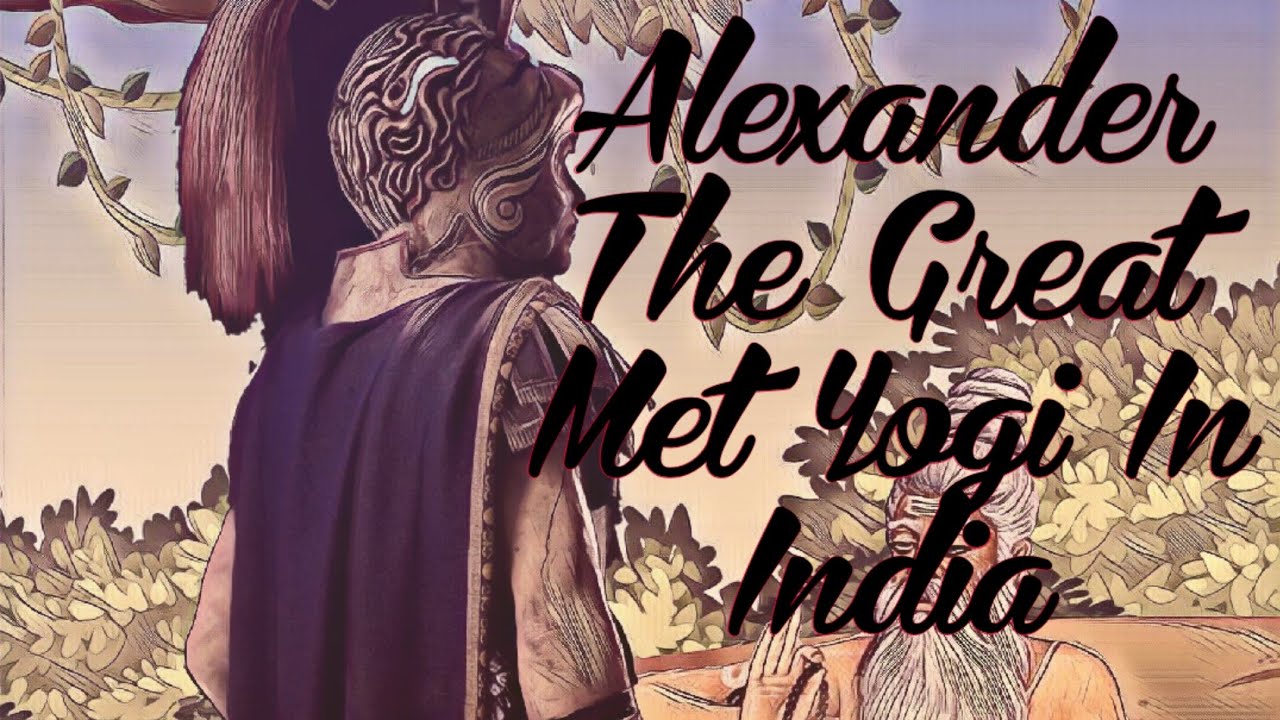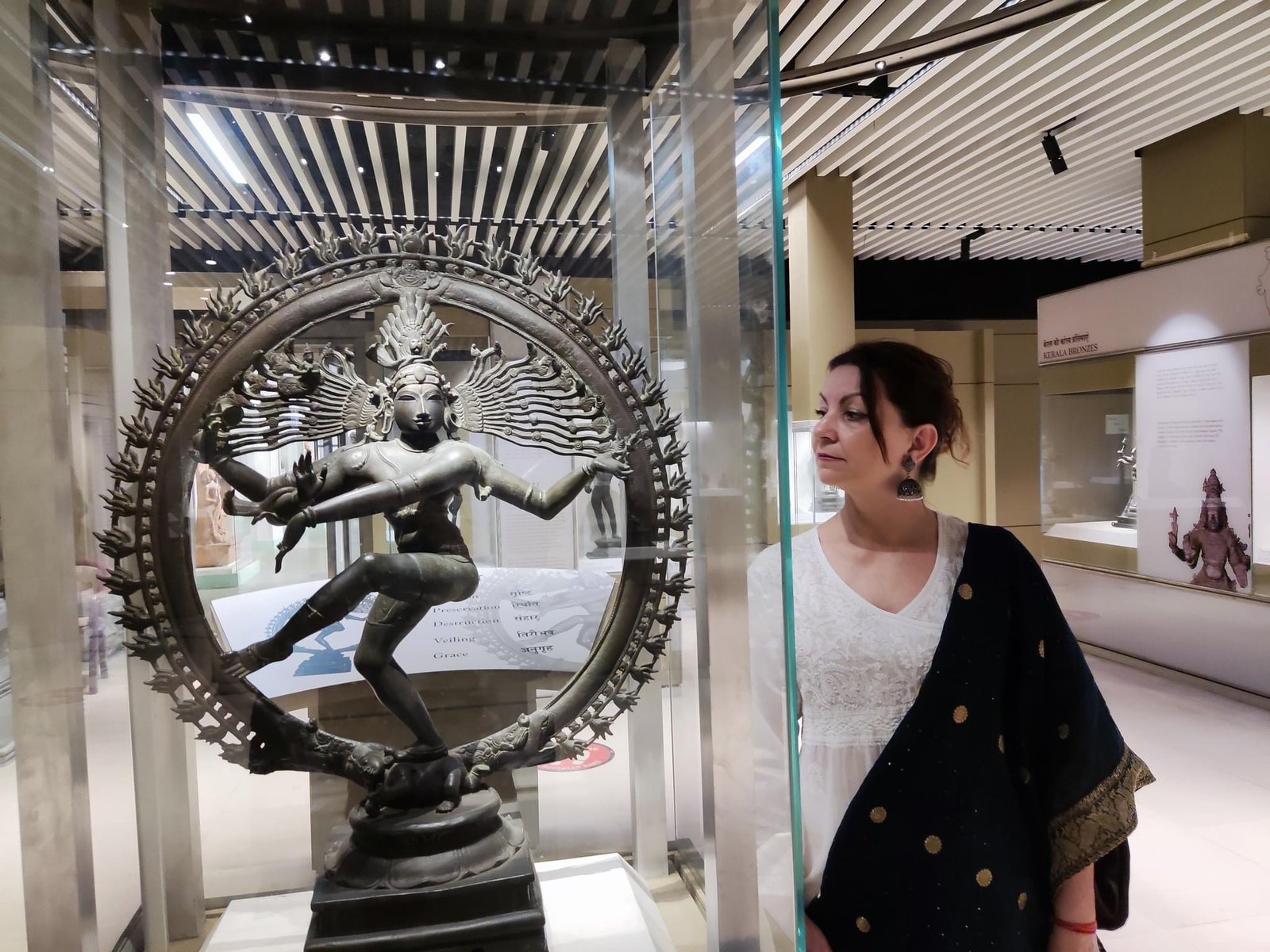The question of Monotheism or Polytheism brings us to the topic of Devata. Adding to this is a related query regarding which path is more progressive for civilizations. Despite appearing different, these concepts are intricately linked with the rise and fall of civilizations. The Polytheistic Devata it so reveals is a personal choice, but it contributes to the pluralistic nature of society. It plays a pivotal role in shaping individuals’ attitudes towards others. The concept of Many Devata finds its roots in ancient antiquity and is elaborated upon in scriptures such as the Vedas, Upanishads, and Puranas. Several Devata along with their manifestations govern various aspects of the universe. For instance, the Rigveda contains hymns dedicated to Devatas like Indra, Agni, and Varuna.
The concept of Many Devata
It reveals a broader perspective. Devata might or might not be a stand alone Devata. It may encompase Kul Devata, Gram Devata, and Isht Devata, which aid in understanding not only our internalized belief systems but also their impact on the external world.
- Kul devata represents the deity of the family or community, symbolizing ancestral reverence and collective identity, extending to professions like services, trades, or business.
- Gram devata takes this notion further, associated with the deity governing a particular region, land, or community, fostering a sense of belonging and protection among its inhabitants.
- Isht devata is the deity with which an individual personally identifies, serving as a gateway to connect with Ishwar and symbolizing a more intimate and personalized spiritual connection.
While instances exist where all three may coincide, such occurrences are rare, and a pluralistic view is typically maintained as a natural state. This diversity is essential as it facilitates the expansion of ideas, nurtures creativity, and fosters bonds with those who hold differing beliefs. Importantly, this phenomenon isn’t exclusive to Indian culture but is prevalent worldwide. Drawing parallels from ancient Greek times before its dissolution, we observe:
Historical Parallels of multiple Devata in Greece
- Kul Devata of sailors: Poseidon, revered as the god of the sea and patron deity of sailors.
- Gram Devata of Athens: Athena, revered as the goddess of wisdom and warfare, served as the protector of cities like Athens.
- Isht Devata: Zeus, Apollo, or Aphrodite, serving as popular choices for personal devotion.
There’s a profound understanding that the downfall of Greece occurred when these three self-born and authentic concepts of pluralistic devata faded, and their own devata were replaced by deities from foreign lands. This phenomenon isn’t unique to Greece but is observable in other civilizations like Rome, Persia, and Egypt. Their decline in philosophy and science correlates with their departure from cultural and spiritual pluralism, succumbing to the forced imposition of monotheistic identities from foreign influences through coercion and colonization. From being champions of free thought and freedom, they found themselves shackled by mental slavery and submission.
A shift in the cultural and spiritual landscape, taking one away from their indigenous belief systems characterized by the richness of pluralistic devata developed by people of that region who have a great understanding of the society of that area, gives way to the dominance of foreign deities and monotheistic ideologies. This shift also marks a departure from the inclusive and diverse religious practices that had long been integral to these societies.
As the influence of foreign monotheistic identities, which are more politically driven based on the original idea of bringing people under the stewardship of one warlord, grows through conquest, trade, subjugation, coercion, and colonization, it leads to the imposition of their monotheistic identities, undermining the autonomy of indigenous belief systems and suppressing expressions of cultural and spiritual pluralism.
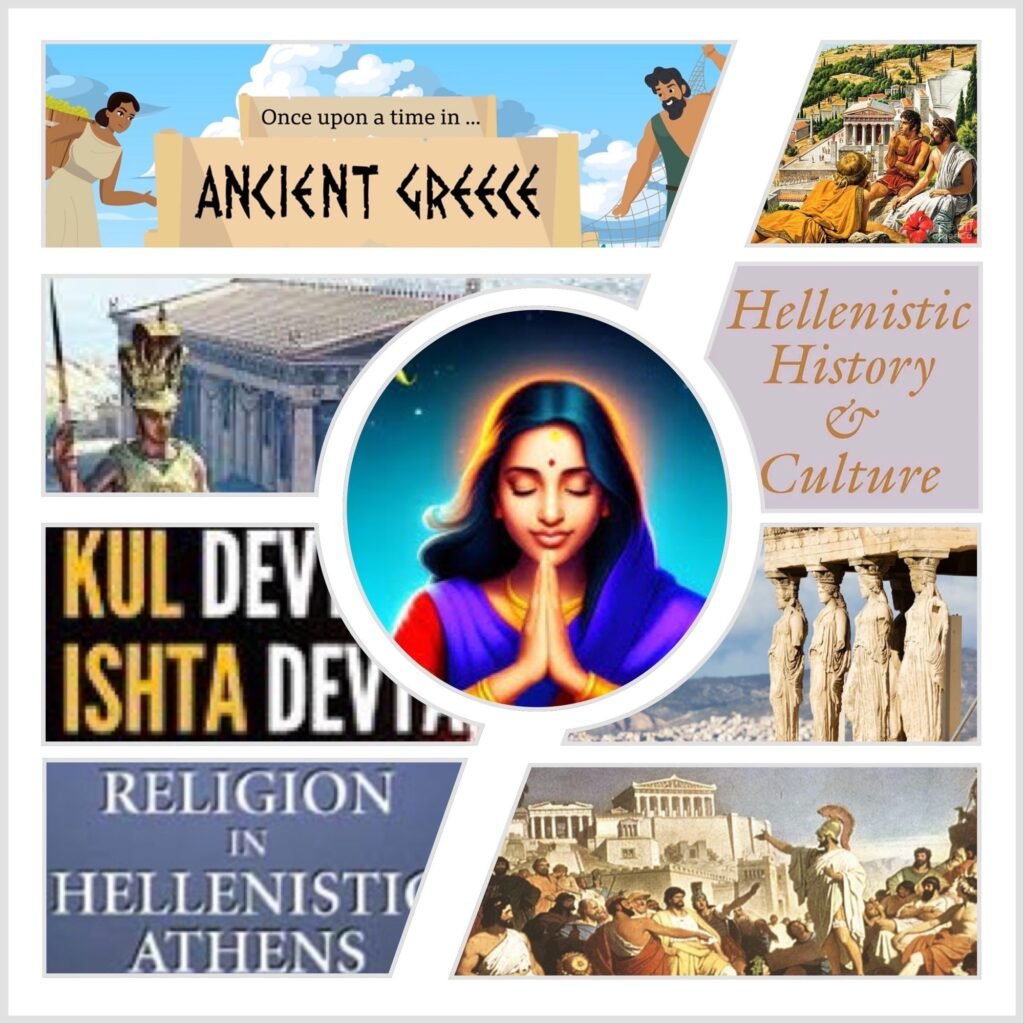
As the once vibrant rich culture and way of life, which also includes pluralistic ideas of devata representing various aspects of life and nature, began to fade. They are replaced by a singular focus on monotheistic worship, the consequences of this cultural and spiritual shift are far-reaching, impacting not only religious practices but also philosophy, science, and the overall intellectual climate of these civilizations. With the decline of pluralistic devata worship, there is a corresponding decline in the openness to diverse perspectives, the spirit of inquiry, and the pursuit of knowledge that had characterized these societies at their peak.
Instead of fostering an environment conducive to free thought and freedom, the imposition of monotheistic identities led to a form of mental slavery and submission. Individuals were constrained by rigid dogma and orthodoxy, stifling creativity, innovation, and critical thinking. The decline in philosophy and science mirrored this shift, as the once vibrant intellectual discourse gave way to conformity and stagnation.
Ironically, while modern Greeks may take pride in their Hellenistic heritage, there is often a disconnect between this admiration and their daily practices and rituals. Despite the legacy of pluralistic devata worship and its contributions to Greek civilization, contemporary religious and cultural practices may overlook or downplay this heritage in favor of more dominant monotheistic traditions.
The downfall of ancient civilizations like Greece serves as a cautionary tale about the consequences of cultural and spiritual homogenization. It underscores the importance of preserving and valuing diversity in religious beliefs and practices as a cornerstone of societal resilience, intellectual vitality, and cultural richness.
Diversity and Pluralism:
• Rare instances see an alignment of all three devata concepts, maintaining a pluralistic view essential for idea expansion and nurturing bonds.
• Parallel observations in ancient Greece highlight the significance of devata worship in societal stability and intellectual vitality.
Fall of Civilizations:
• Decline often coincides with the erosion of pluralistic devata worship, replaced by monotheistic ideologies, leading to stagnation and decline.
• Similar phenomena are observed in civilizations like Rome, Persia, and Egypt, correlating with a departure from cultural and spiritual pluralism.
Impact of Monotheistic Devata Imposition:
• Imposition of foreign monotheistic identities leads to suppression of cultural and spiritual pluralism, stifling diverse perspectives and intellectual inquiry.
• Shift towards monotheistic worship undermines societal resilience and cultural richness, constraining creativity and critical thinking.
Preserving Diversity:
• Importance of valuing diverse religious beliefs as a cornerstone of societal resilience, intellectual vitality, and cultural richness.
• Cautionary tale of ancient civilizations emphasizes the consequences of cultural and spiritual homogenization.
🔱🕉

